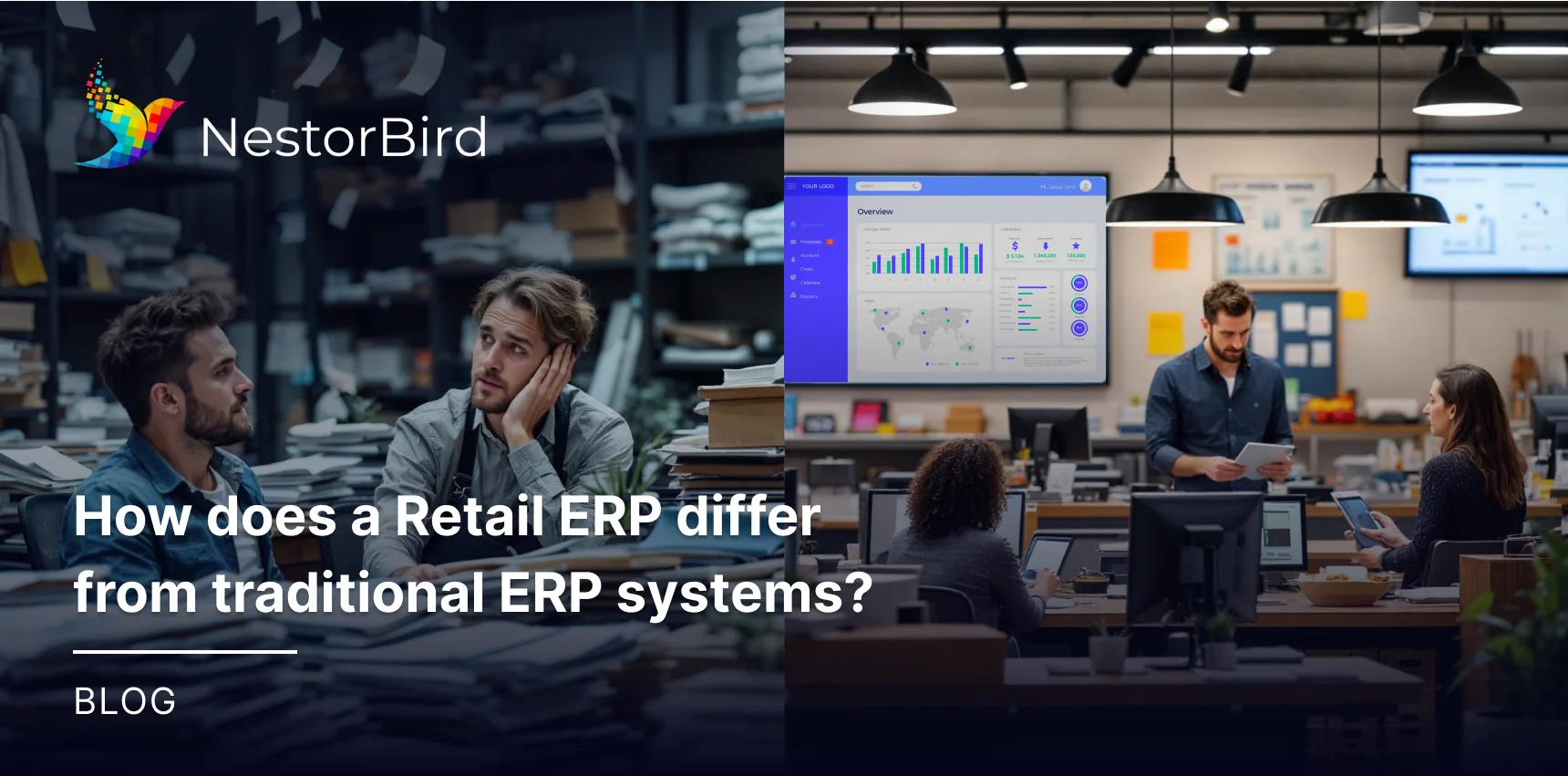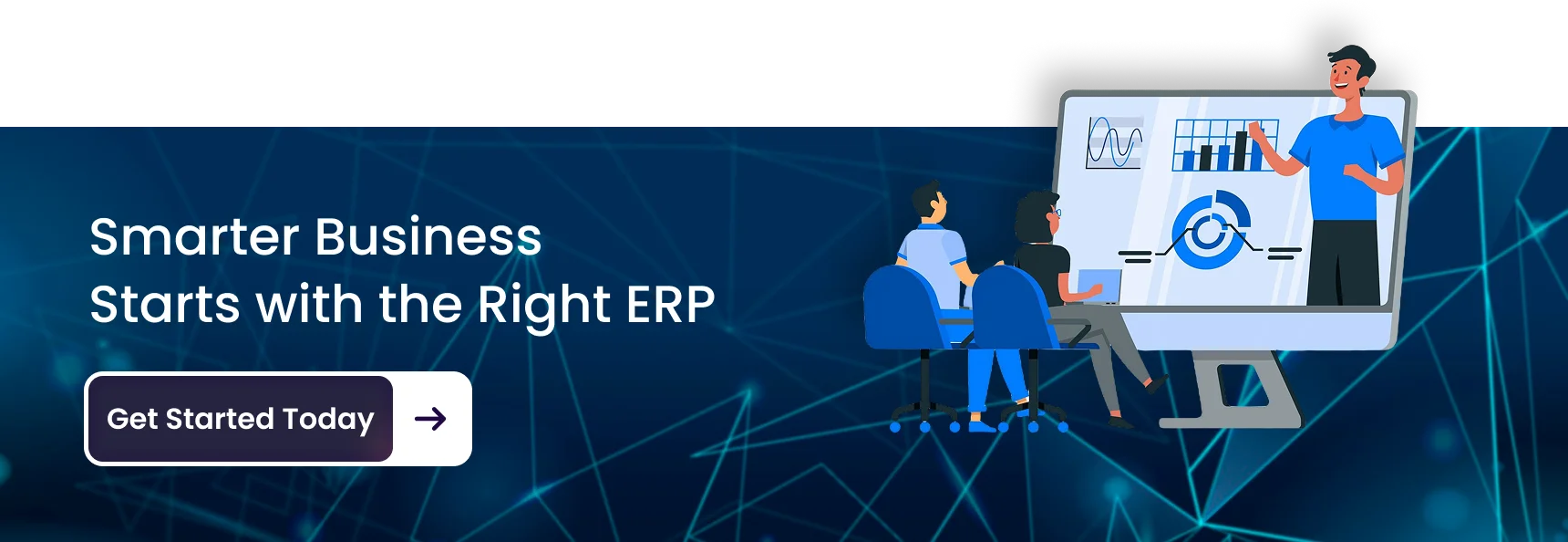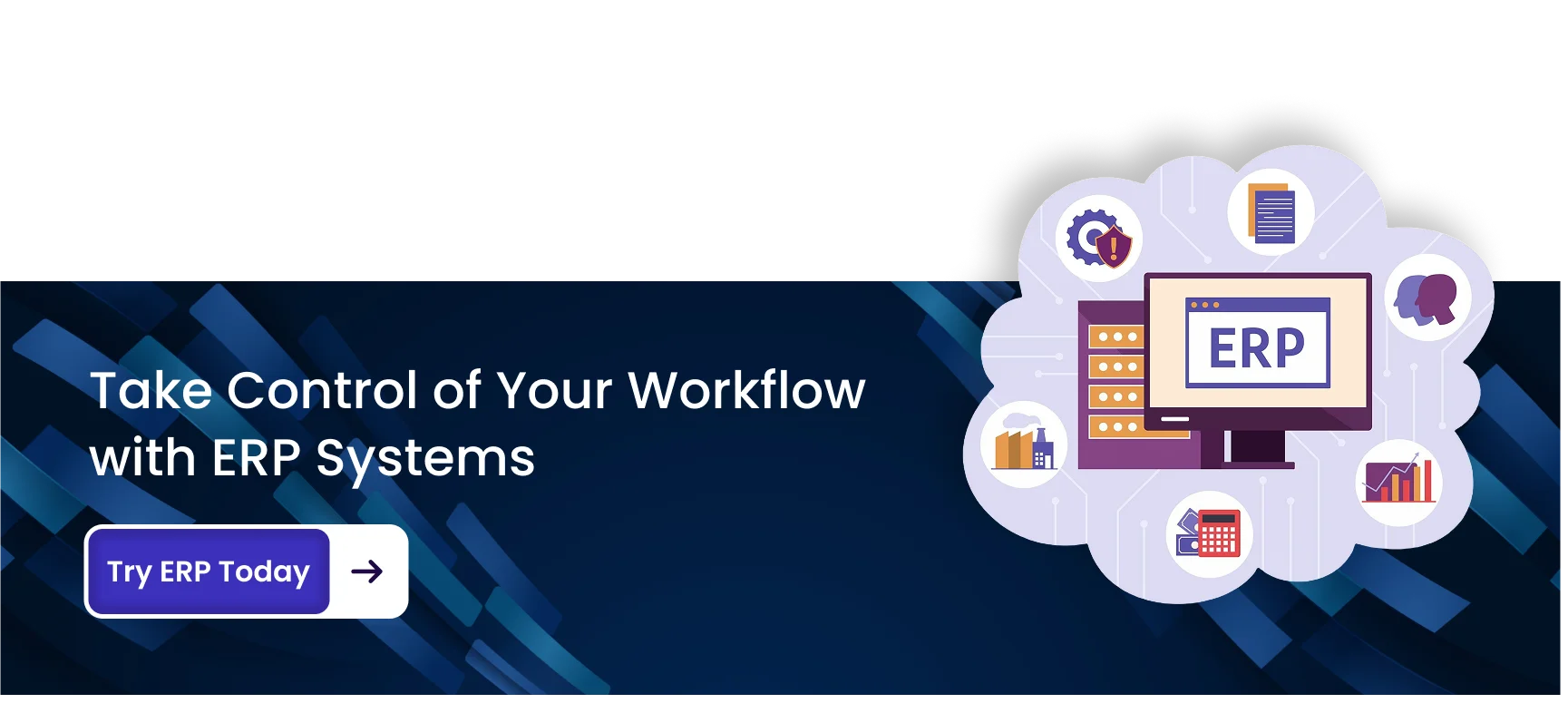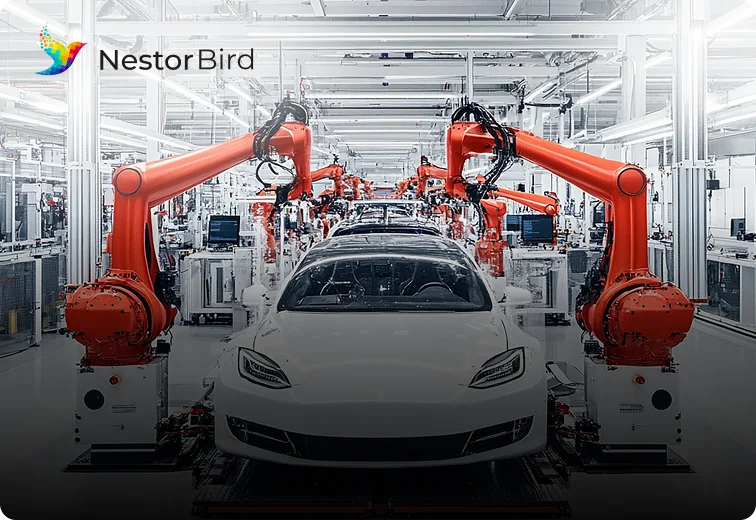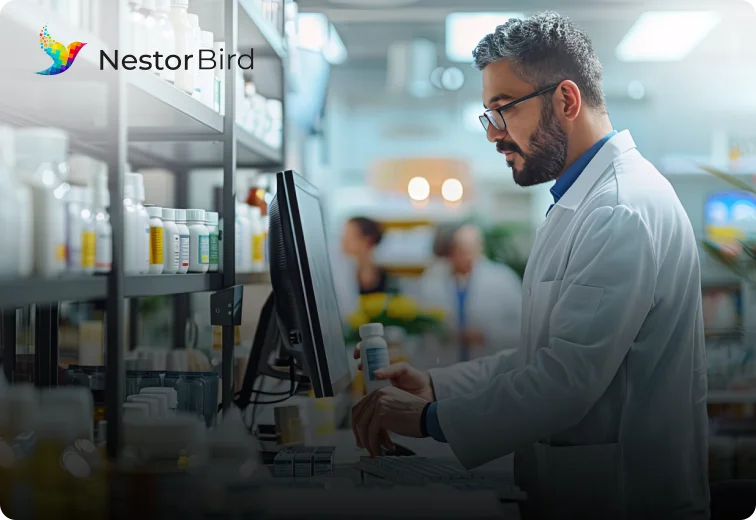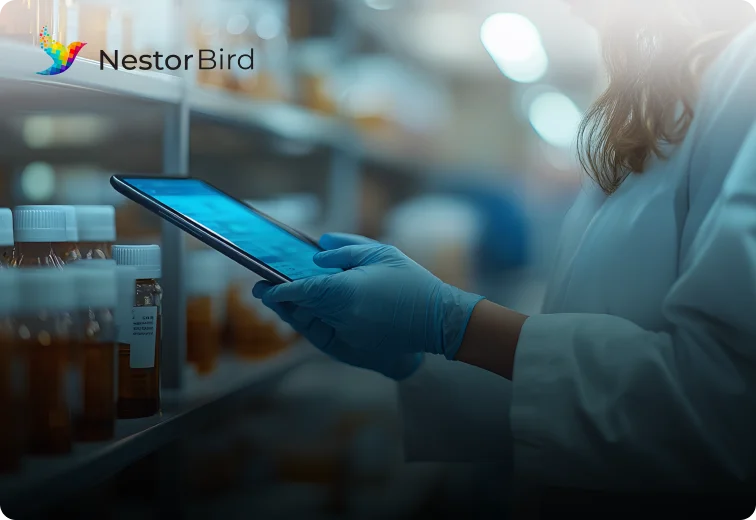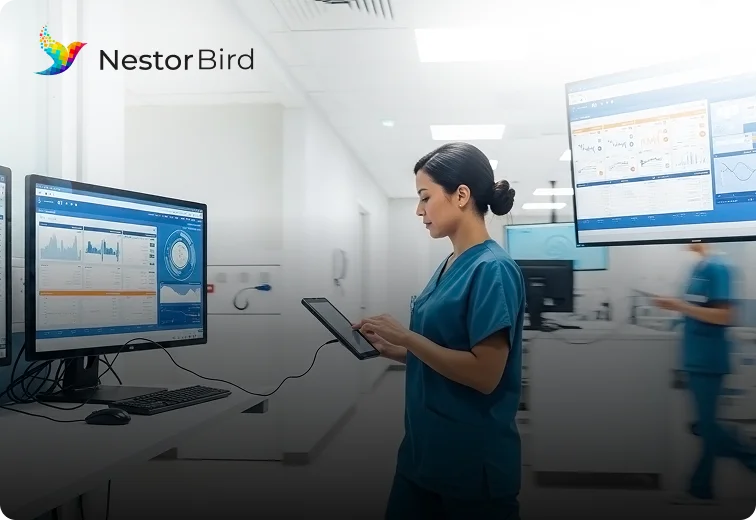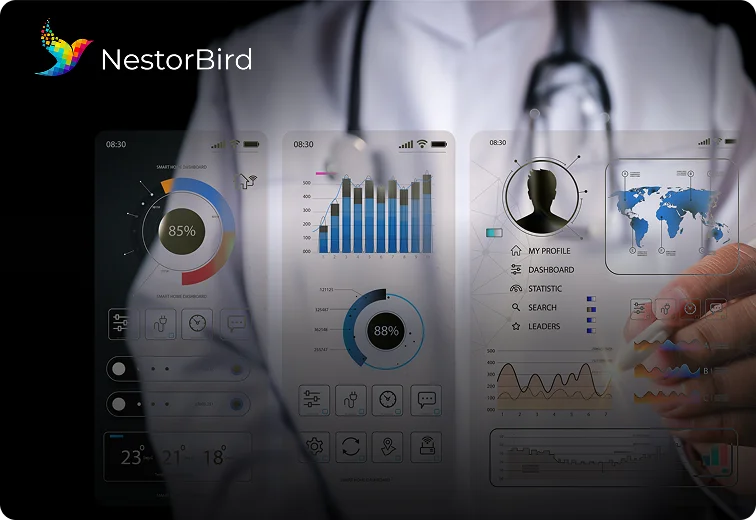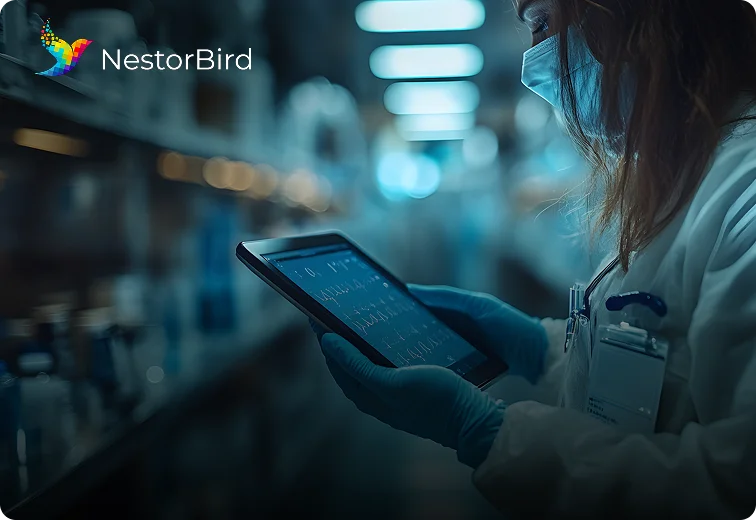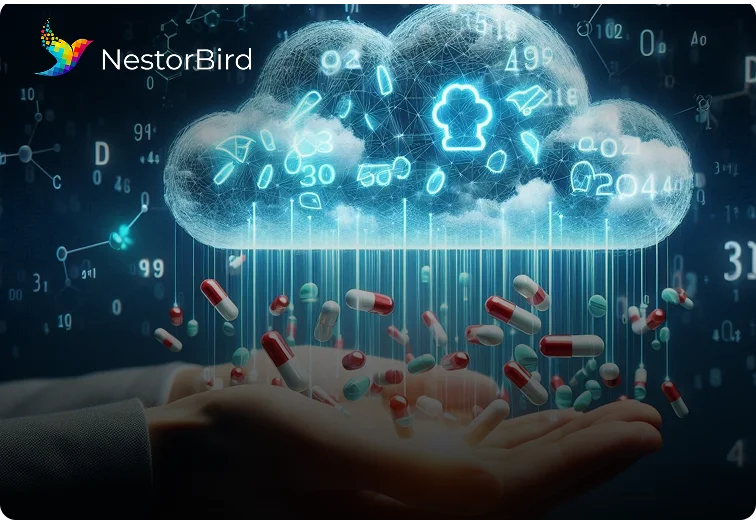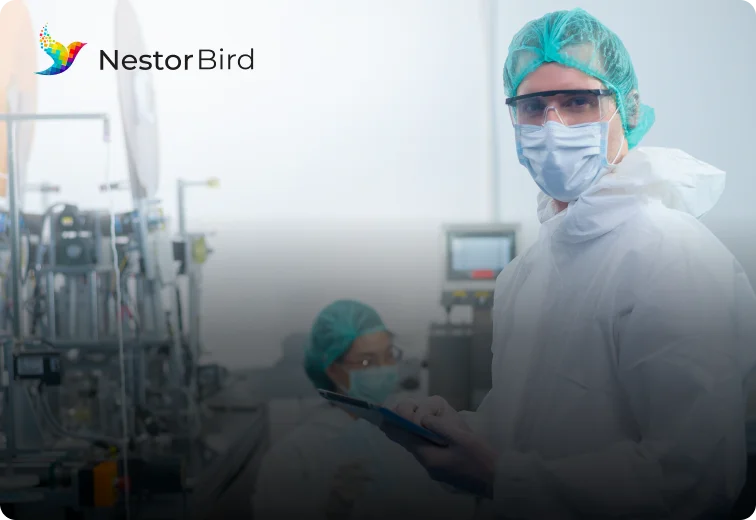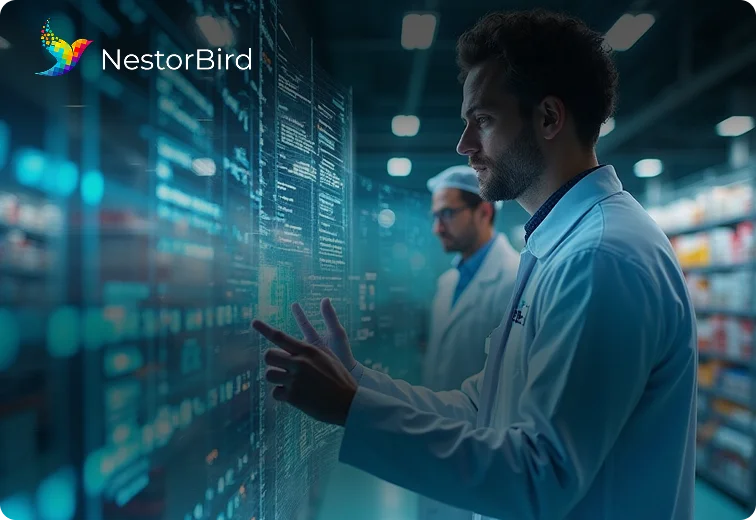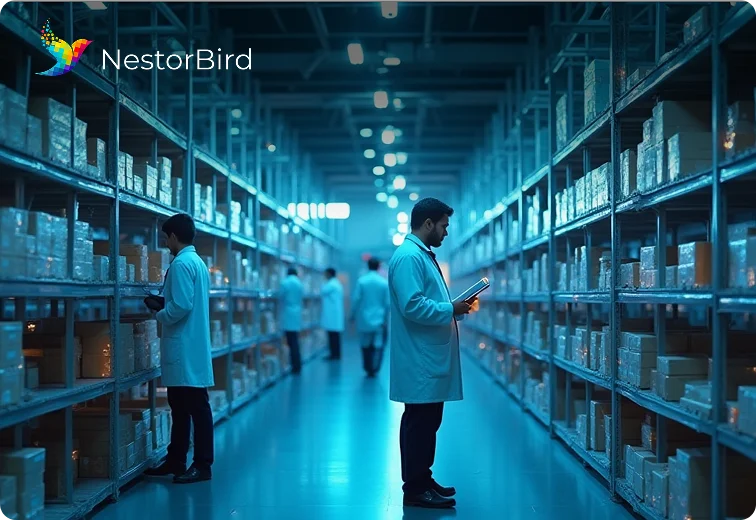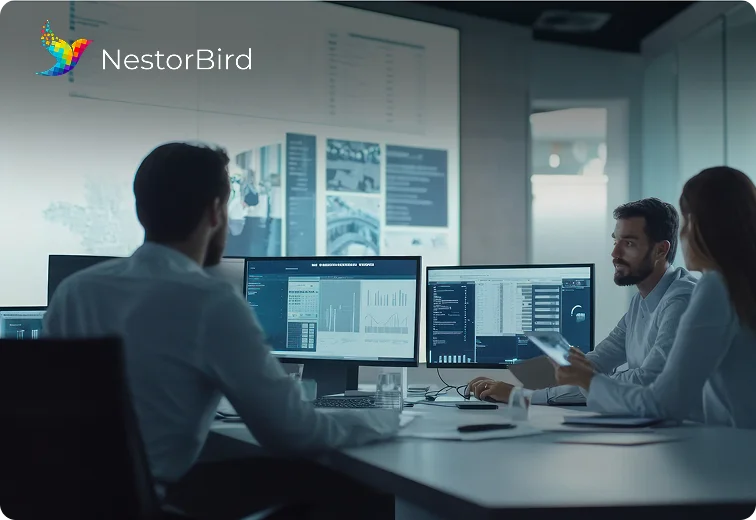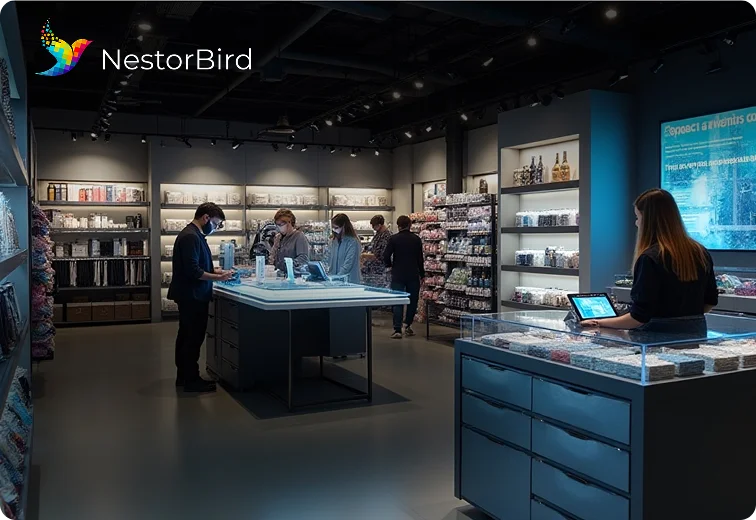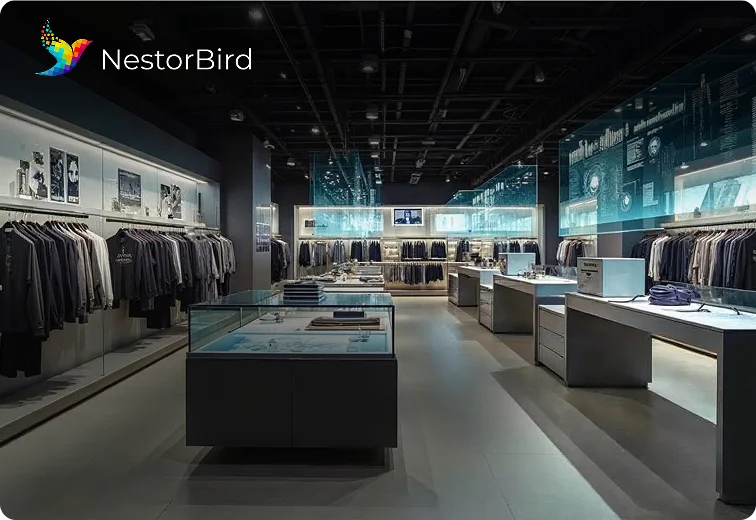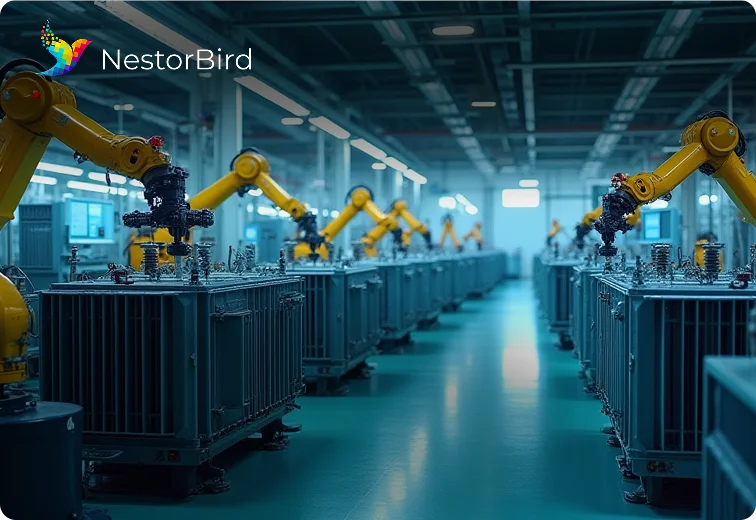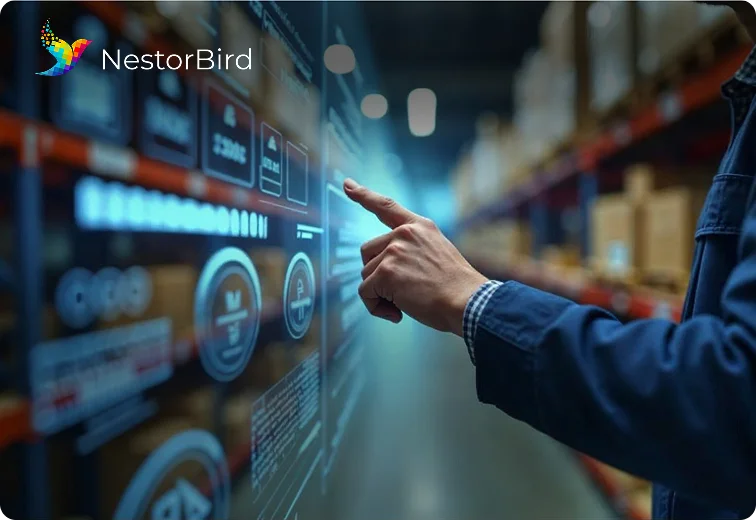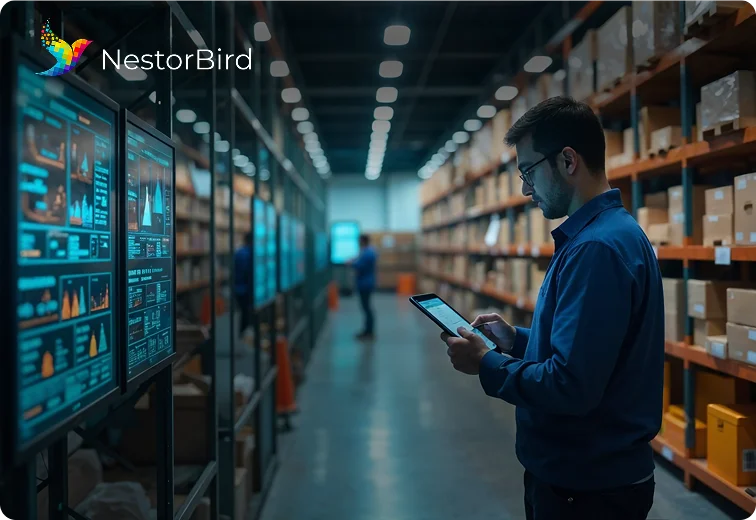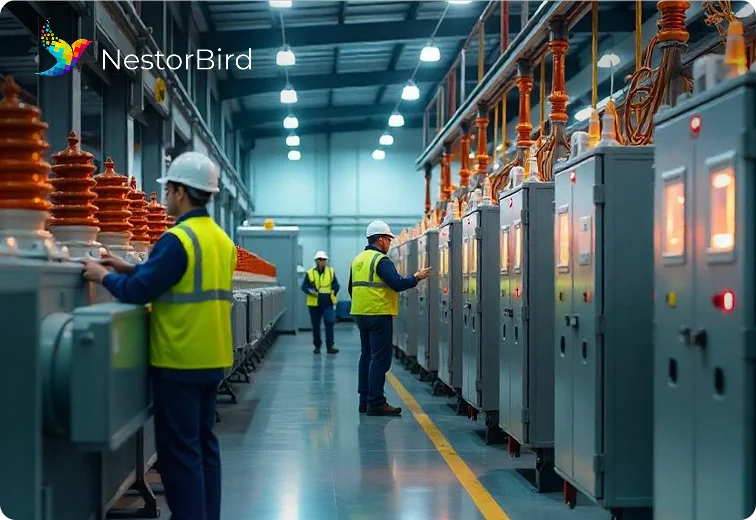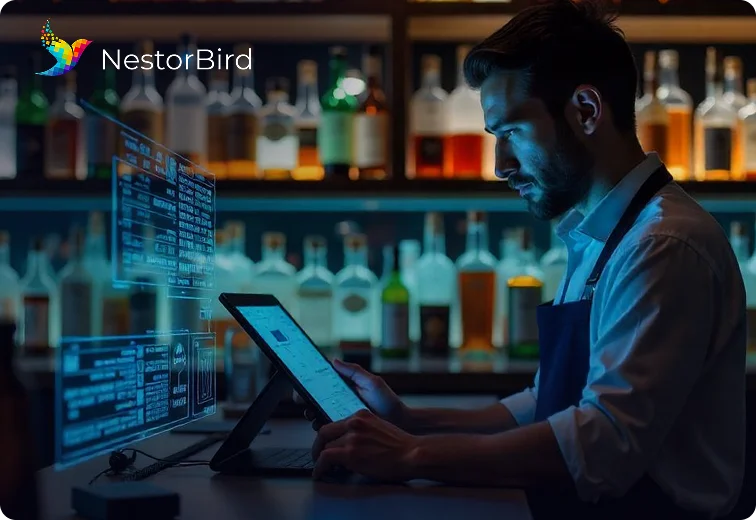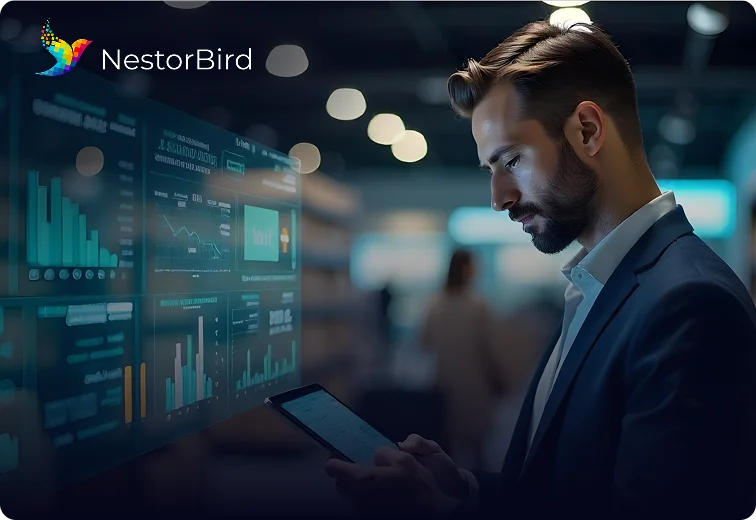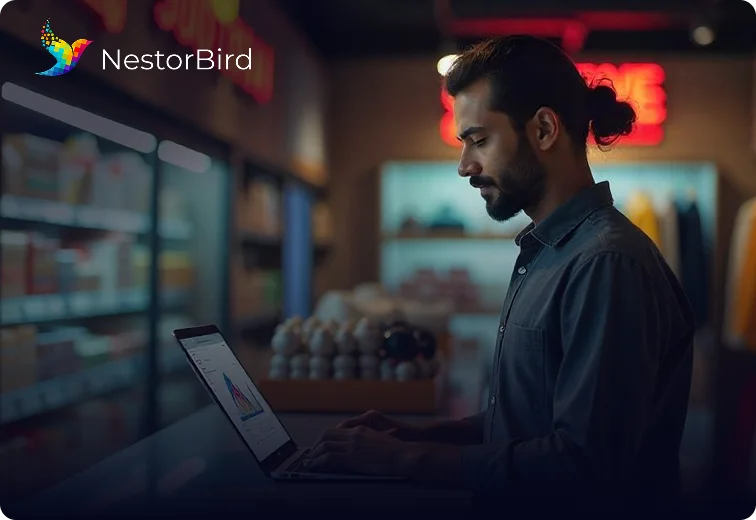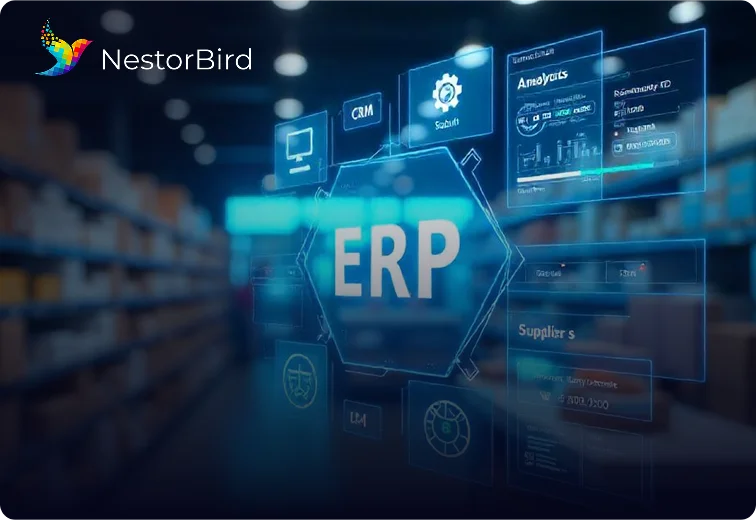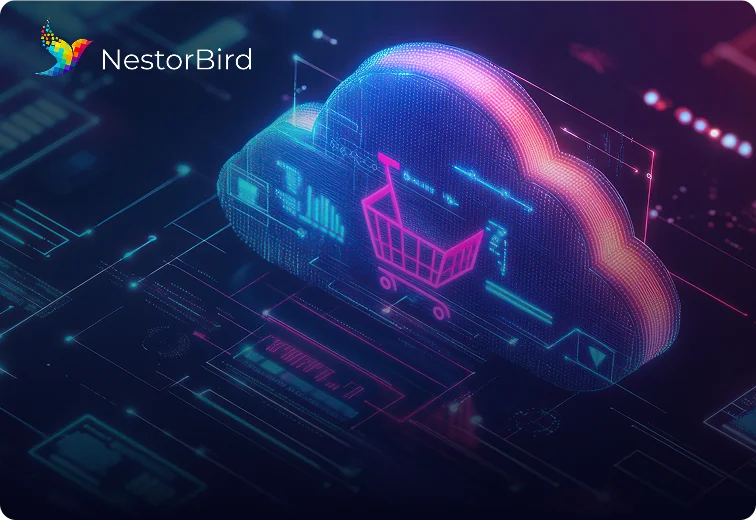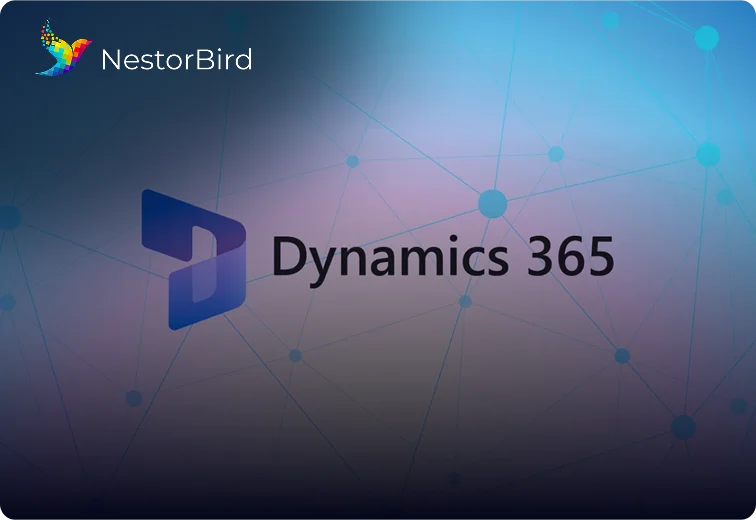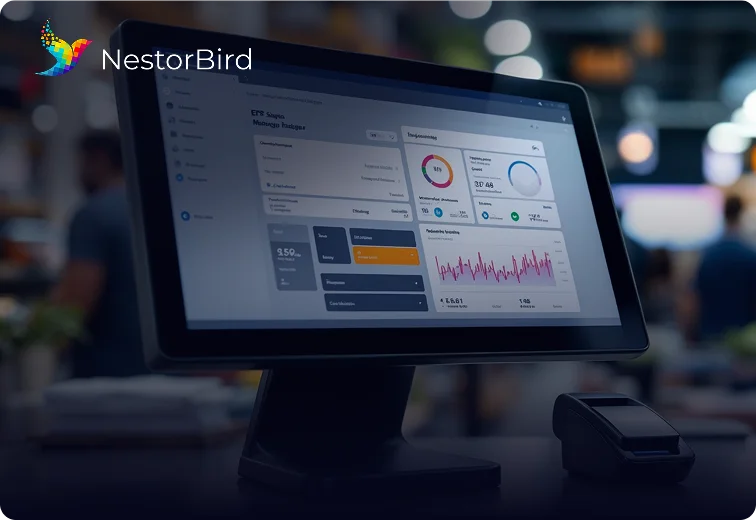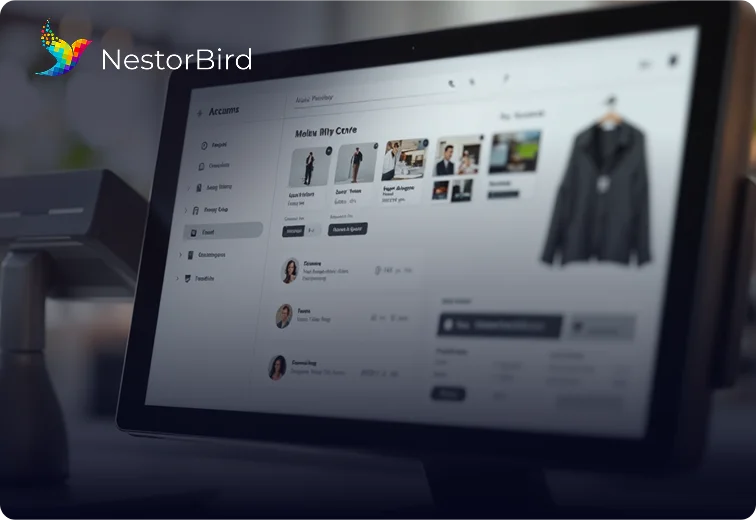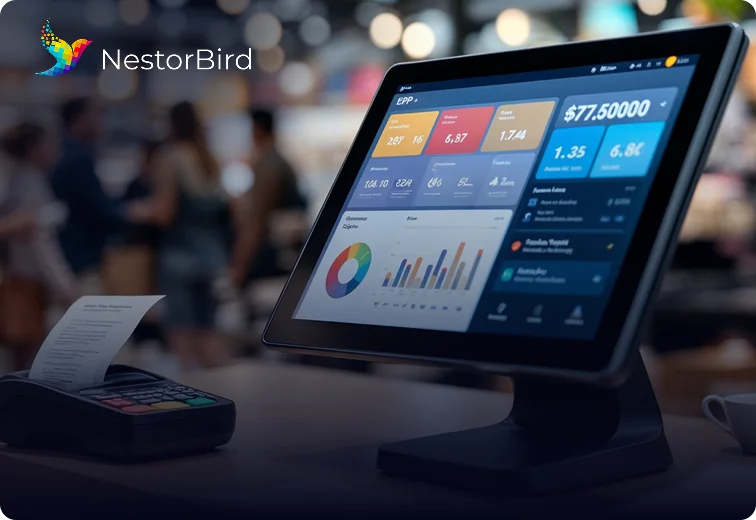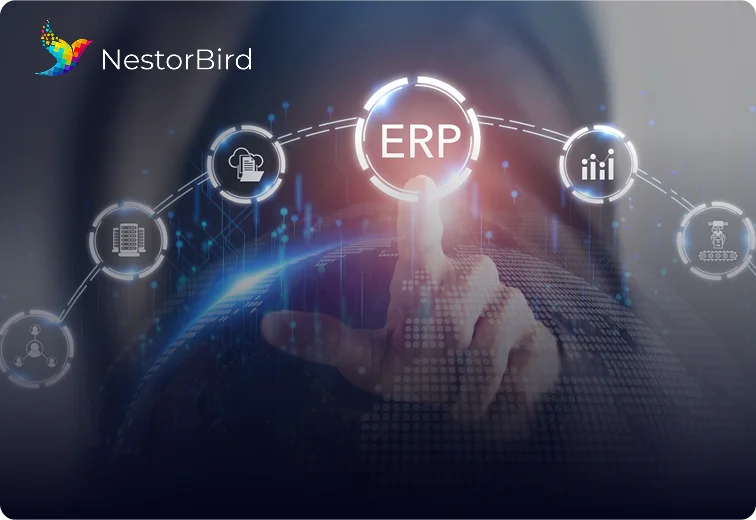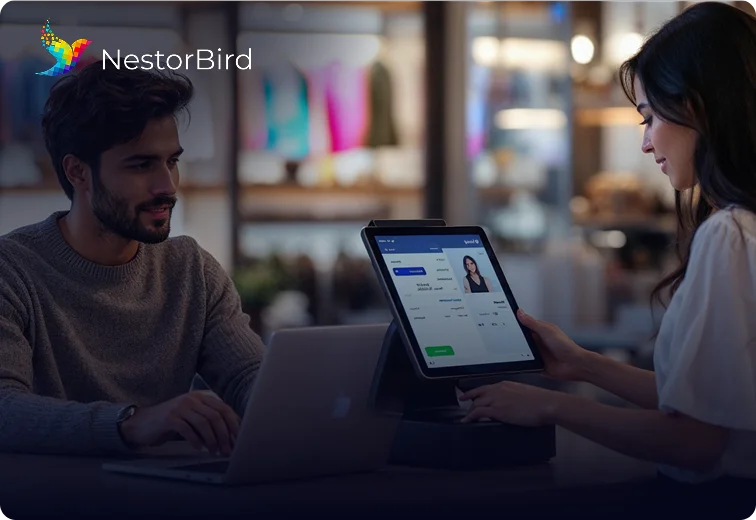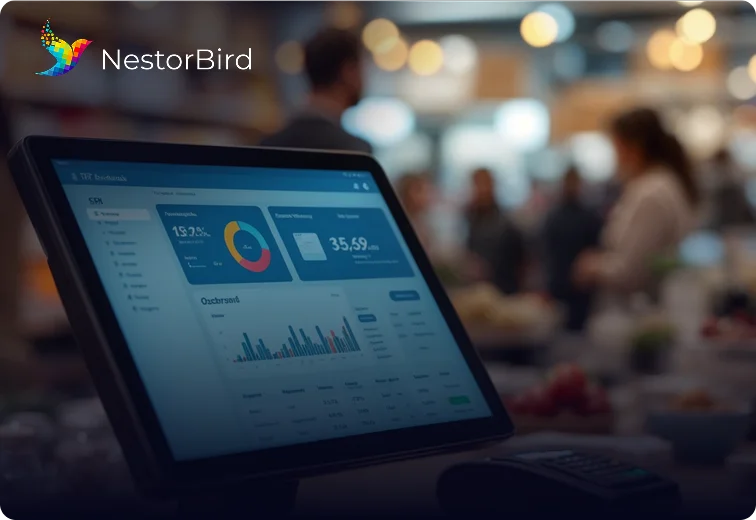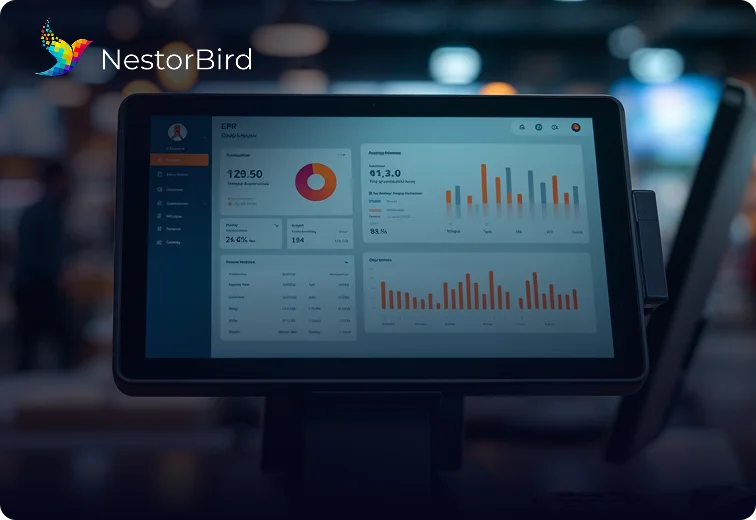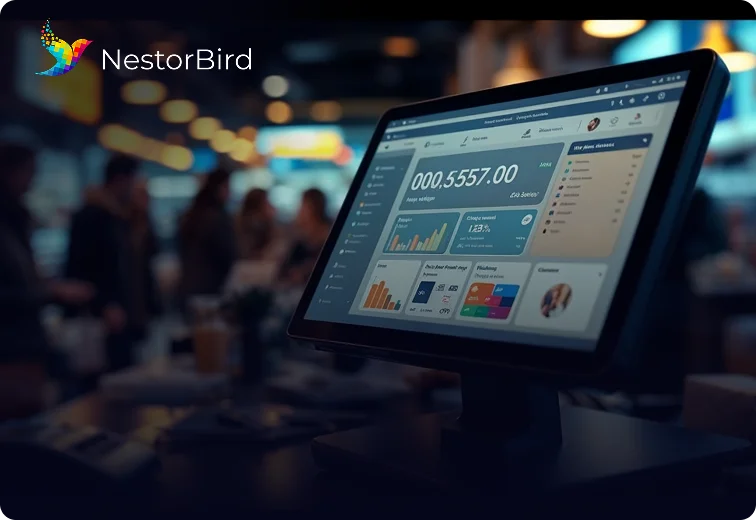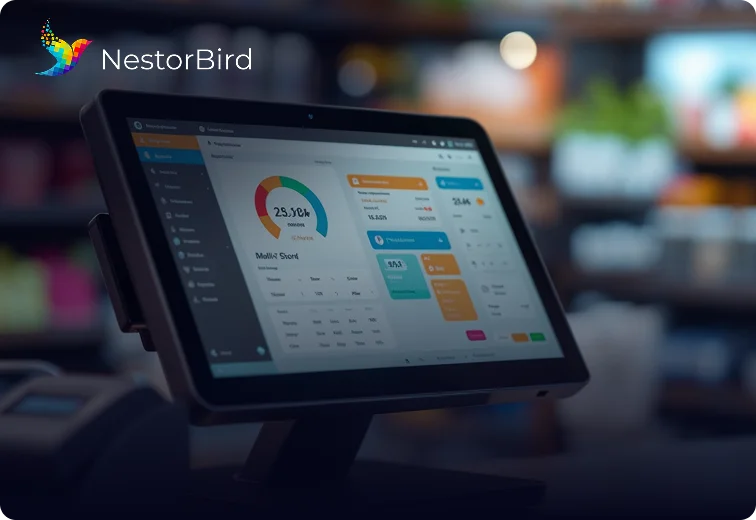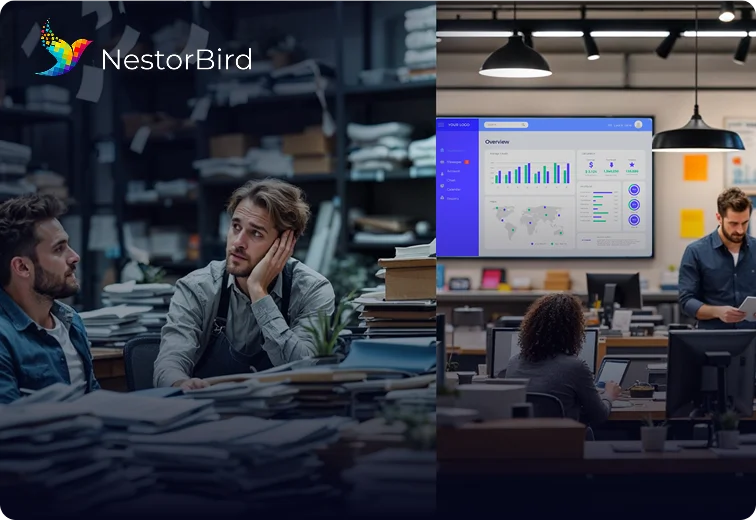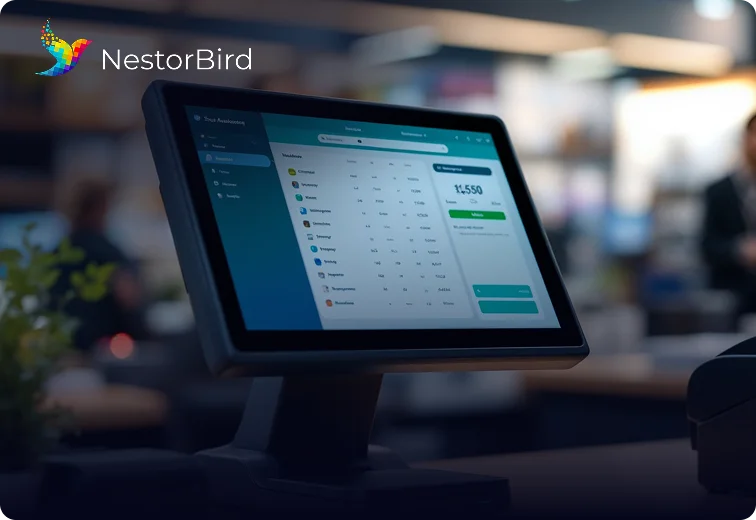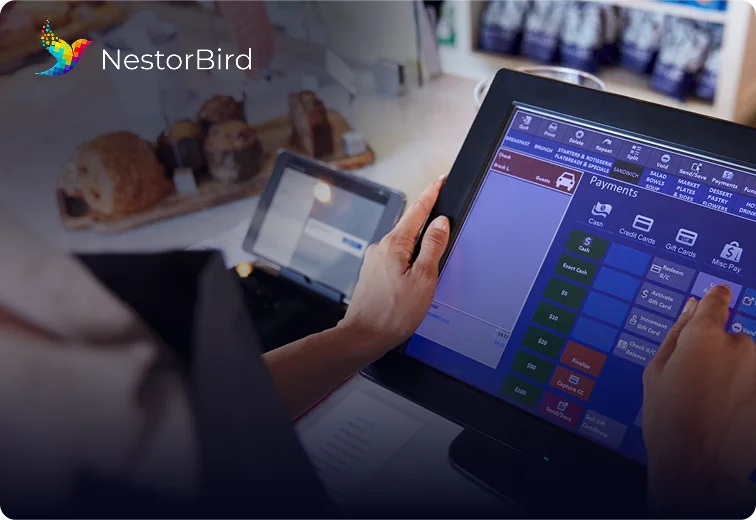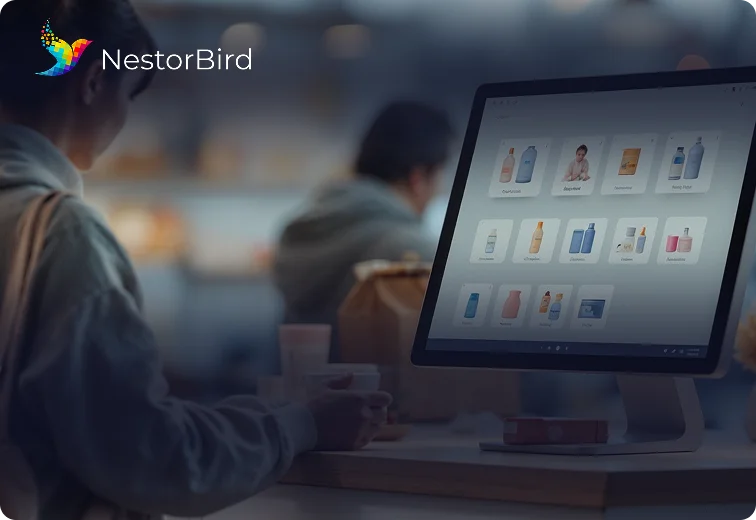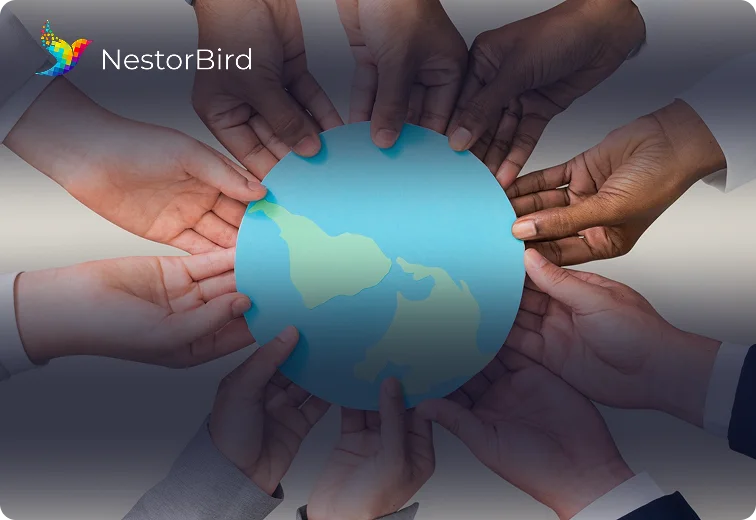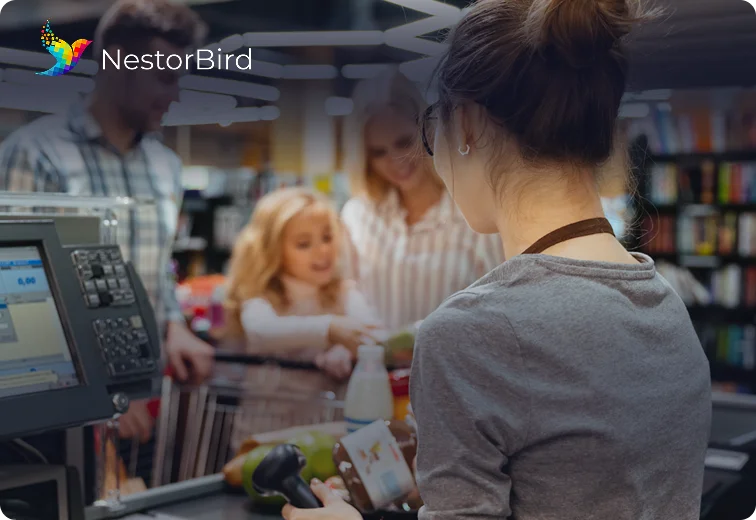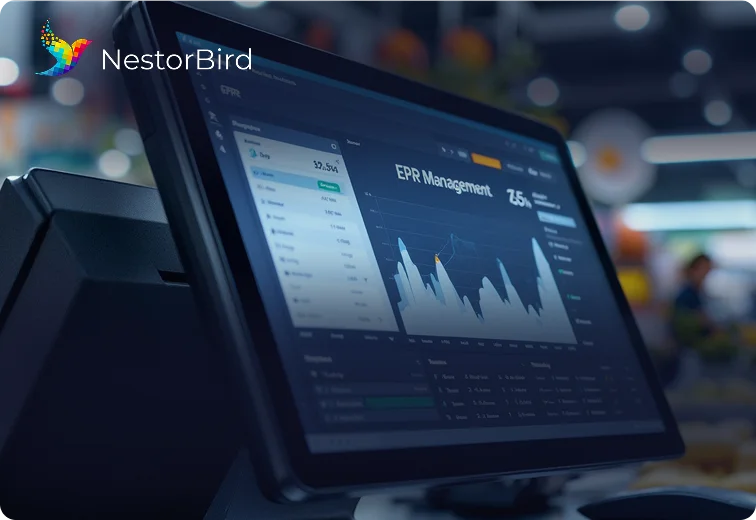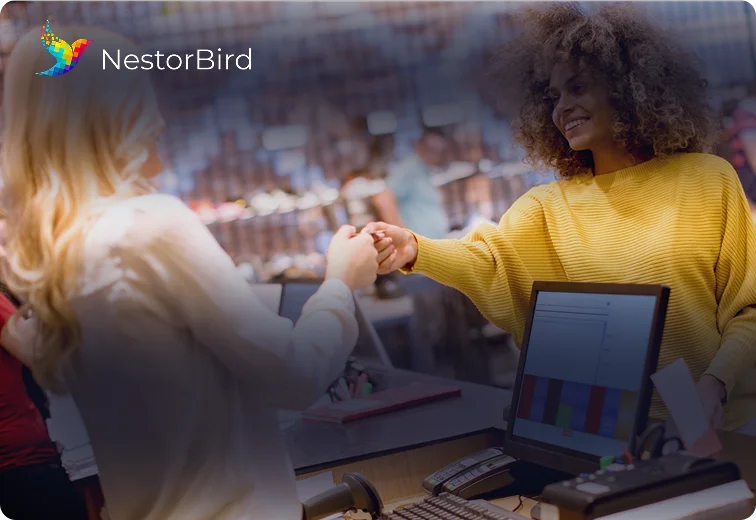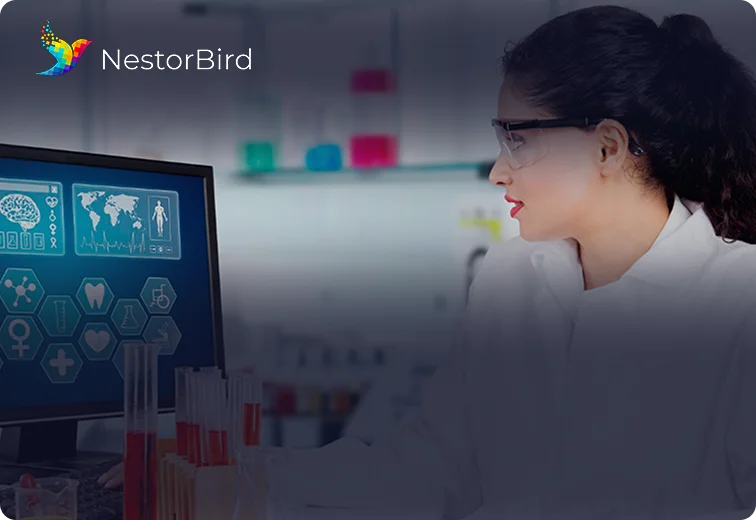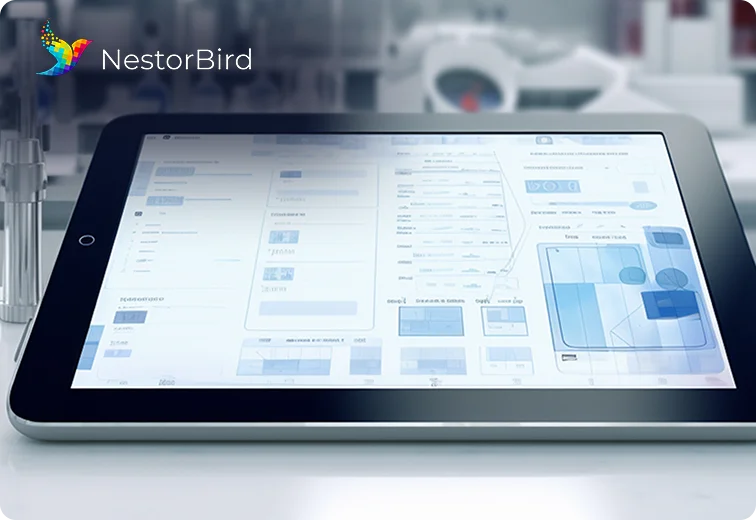Quick Summary
A Retail ERP system is tailored for retail-specific needs like inventory tracking, multi-channel sales, and customer data management, while traditional ERP systems focus on general business processes across industries.
Table Of Contents
Introduction
Retailers are usually juggling inventory across multiple channels, looking after various business operations and functions in a do-it-all, on their own approach. Though we know that the traditional ERP systems are designed mainly for general sectors such as manufacturing, this means they frequently fall short in providing the flexibility needed for the unique requirements of the retail industry. In this blog post, we will see why choosing a specialized retail ERP vs. traditional ERP is smarter than sticking with a generic traditional ERP solution.
Key Takeaways
Retail ERP systems are designed for retail-specific needs, while traditional ERP systems cater to general industries.
Retail ERP software supports multi-channel operations, ensuring smooth inventory and sales management across platforms.
A Retail ERP system improves CRM by tracking customer data and automating personalized promotions.
Retail ERP systems are scalable, making them suitable for both small and large retail businesses.
Complex pricing strategies are easily managed with retail ERP software, including discounts, dynamic pricing, and promotions.
What is a Retail ERP?
A retail ERP is a specialized and customized software system that is specifically designed to help retail businesses manage their operations more effectively. But, here unlike the general ERP systems that usually cater to multiple industries, retail ERP systems mainly focus on the unique needs of retailers. These can include managing inventory across their multiple stores, tracking their sales in real-time, handling their business omnichannel operations (like online and offline sales), and improving customer experiences in their store as well as products.
By using and implementing a retail ERP system, retailers can easily and effectively automate numerous mundane and time consuming processes like stock replenishment, order management, and financial reporting. It greatly helps businesses to centralize their data from various departments, such as sales, inventory, and customer service, into one platform, to in turn ensure that accurate information is always available for better decision-making.
Also, when businesses use retail ERP systems software, it streamlines workflows and reduces manual effort, allowing businesses to adapt quickly to the sudden or frequent market changes. Whether it’s a small boutique or a large chain, adopting a retail ERP system helps retailers stay competitive and efficient in the evolving and changing retail environment.
Learn how How ERP Can Fit into Retail Business.
Key Benefits of Retail ERP vs. Traditional ERP

When you use a retail ERP system it offers several advantages over using a traditional ERP system, especially for businesses in the retail sector. This is because the traditional ERP systems are designed for general industries like manufacturing or construction, while retail ERP systems are tailored to meet the specific needs of retailers. Let us see some comparison of retail ERP vs. traditional ERP system benefits.
Handle multichannel operations: One key benefit of a retail ERP system is its ability to handle omnichannel operations. Retailers often sell through multiple channels, such as physical stores, eCommerce platforms, and mobile apps. A retail ERP software integrates these channels effortlessly and seamlessly for your business, to get consistent inventory management and customer experience across all platforms.
Real-time inventory tracking: When you use retail ERP systems, the software can give you so many important, valid, and useful insights that are real time and your business can use to get proper instant updates on stock levels. This helps retailers avoid stockouts or overstocking and ensures they can quickly respond to customer demands.
Customer data management: This is also an important and useful benefit of using ERP for retail, as these systems collect and analyze customer behavior, helping retailers personalize promotions, improve loyalty programs, and make data-driven decisions.
Simplify various mundane processes: Additionally, retail ERP software can help simplify various important processes like demand forecasting, procurement, and order fulfillment for your retail business. It automates tasks that would otherwise require a lot of manual effort, saving you time and reducing errors.
And in contrast, the traditional ERP systems usually require extensive customization to adapt to retail workflows, and this makes them less efficient for retailers compared to specialized retail ERP systems, which are designed to address the fast-paced and dynamic nature of the retail industry.
Know more about ERP vs MRP here.
Why choose a Retail ERP?
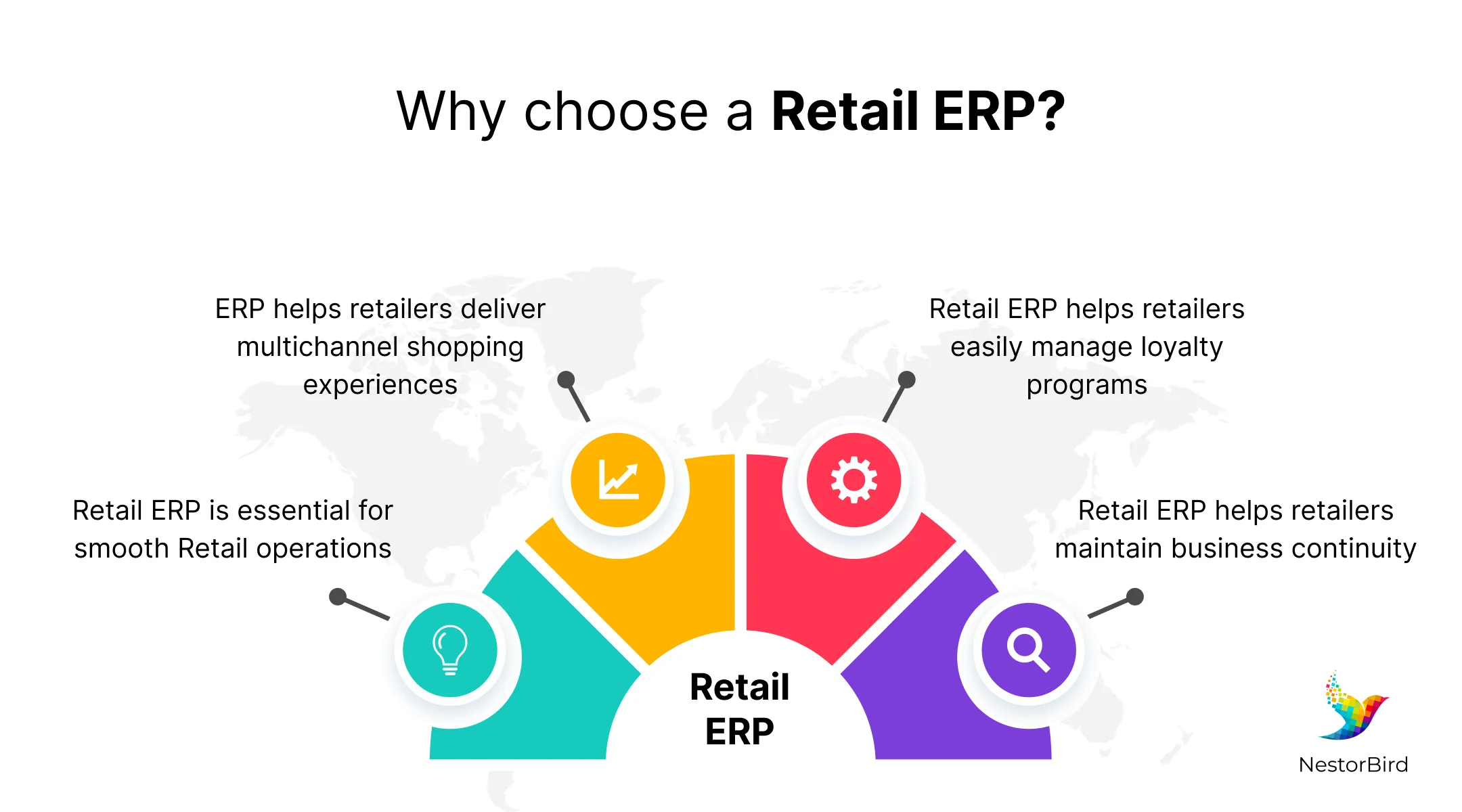
As a business owner, choosing a retail ERP software is a smart move for retailers, if you are looking to streamline operations, enhance your customer experiences, and stay competitive in a fast-changing market.
Retail ERP is essential for smooth Retail operations
A retail ERP system can help you simplify so many mundane and complex retail processes by integrating inventory, sales, and supply chain management into one platform. It can provide you with real-time updates across all business areas, helping retailers avoid delays and errors. Other mundane tasks like stock replenishment, order tracking, and financial reporting are automated, and thus can help in reducing manual effort. This makes daily operations smoother and more efficient, allowing retailers to focus on growing their business while meeting customer demands effectively.
Check out how ERP helps in the brewery sector.
Retail ERP helps retailers provide customers with a multichannel shopping experience
Nowadays, modern customers shop across multiple channels like physical stores, websites, and mobile apps, so when you use a retail ERP system that connects these channels seamlessly, you ensure consistent inventory and pricing. It helps retailers track orders from different platforms in real time and fulfill them efficiently, no matter whether they are from which channel. This integration improves the customer experience by offering smooth transitions between channels while maintaining accurate stock levels and timely deliveries.
Retail ERP helps retailers easily manage loyalty programs
Loyalty programs are very important and beneficial when it comes to retaining customers, and a retail ERP system can simplify their management in one place. It collects customer data, tracks purchase history, and automates rewards distribution efficiently. Retailers can use this information to personalize offers and promotions for loyal customers, and improve the overall experience with their business. By streamlining loyalty program operations, using retail ERP systems, businesses can strengthen customer relationships, and also lead to repeat purchases and recurring customers.
Retail ERP helps retailers maintain business continuity
Usually, retail businesses have to face many challenges, like supply chain disruptions or sudden changes in demand. An ERP for Retail Business system can help with continuity by providing real-time insights into inventory levels, sales trends, and supplier performance. This can in turn, automate business processes like reordering stock and tracking deliveries to prevent interruptions. Here, retailers can adapt quickly to market shifts, with centralized data and automated workflows, while keeping their operations ongoing and reliable.
Final Note
A Retail ERP system is a smart choice for retailers who want to simplify their operations and improve customer satisfaction. It is designed specifically for retail businesses, offering tools to simplify and provide solutions to numerous business processes and operations. And unlike, traditional ERP systems, which usually only serve the general industries, retail ERP software focuses on the unique challenges of retail, such as managing multiple sales channels and providing real-time updates. So, if you are a retail business, you should definitely consider shifting to a retail ERP vs. traditional ERP to grow and scale your business and be updated on the various Retail ERP Trends.
Frequently Asked Questions
ERP software for retail systems are specifically built for retail needs, like managing inventory across multiple channels, while traditional ERP systems work for general industries and lack retail-specific features.
Yes, retail ERP software can integrate sales channels like stores, eCommerce, and mobile apps easily, for smooth inventory management and consistent customer experiences across all platforms.
A retail ERP system collects and analyzes customer data from various channels to personalize promotions, track loyalty programs, and improve overall customer engagement.
Yes, ERP software for retail systems are designed to grow with businesses, supporting large-scale operations like multi-location inventory tracking and high-volume sales processing.
Yes, retail ERP software includes numerous easy tools for dynamic pricing, discounts, and promotions, allowing retailers to manage complex pricing strategies efficiently.


